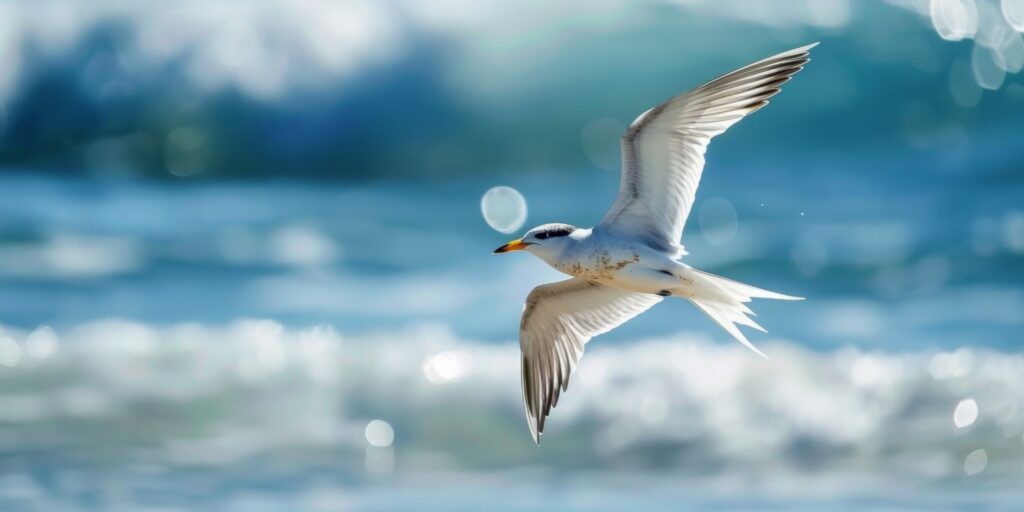The information provided in this article is sourced from the Western Port Biosphere Reserve. We thank the WPBR team for hosting a webinar recently informing all biosphere reserves on the current situation in Victoria and how other regions can prepare.
This disease, although distantly related to human-infecting influenza viruses, poses a lethal threat to birds. To contain its spread, all poultry on affected farms must be culled, resulting in the deaths of hundreds of thousands of chickens. This measure raises significant animal welfare concerns and inflicts severe economic and psychological impacts on farmers. Unfortunately, the situation may worsen.
The strain of virus currently spreading in Victoria, classified as “H7N3”, primarily affects Australian ducks and other waterbirds without causing severe illness. By comparison, domestic chickens and other poultry are ‘naïve’ and therefore very susceptible to infection and disease. Globally, another strain of Avian Influenza, H5N1, is rapidly spreading. No species has developed immunity to this strain, which has spread across every continent except Oceania. This strain has devastated bird populations across continents, with catastrophic effects observed in various species. For instance, in the UK, populations of Gannets, Roseate Terns, Sandwich Terns, Common Terns, and Great Skuas have sharply declined.
Most experts believe it is a question of when, not if, H5N1 will arrive in Australia and New Zealand. We will not be spared the impacts. Both countries have vulnerable, already critically endangered native bird species.
In Noosa Biosphere Reserve, concerns are mounting for migratory shorebirds and backyard chicken owners. Although little can be done to prevent the arrival of H5N1, preparations can mitigate its impact. Measures such as confining chickens indoors, keeping dogs leashed to prevent them from scavenging infected bird carcasses, and implementing community awareness campaigns and signage are crucial. Commercial poultry farms must also plan for potential business disruptions and the safe disposal of large numbers of carcasses.
What to do if you see a sick or dead bird
Vigilance and preparedness are key as we brace for the inevitable arrival of H5N1. If you encounter a dead bird, it is important to report it promptly to local wildlife authorities or relevant health agencies. This helps in monitoring potential outbreaks of diseases like Avian Influenza, ensuring swift response measures can be implemented.
- Avoid handling the bird directly
- Immediately report signs of avian influenza in birds within Queensland:
- within business hours, contact Dept Agriculture and Fisheries immediately, phone 13 25 23.
- outside business hours, call the Emergency Animal Disease Watch Hotline on 1800 675 888.
- Follow any specific guidelines provided by local authorities to prevent the spread of contagious diseases.
Taking these simple steps can contribute to safeguarding wildlife and community health.
For more information in Queensland, visit qld.gov.au.



